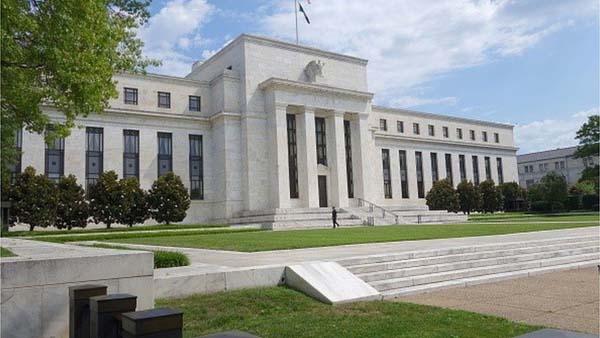
The World Bank has warned developing countries to brace themselves for possible financial turbulence when the US Federal Reserve starts to raise interest rates.
It could come as early as Thursday when the Fed concludes a policy meeting.
A new report from the World Bank says there will probably be a modest impact on developing countries.
But it also warns there is some risk that it could be worse.
The Bank says it is possible that there would be sufficient disruption to capital flows into developing countries to harm economic growth and financial stability.
‘Perfect storm’
US interest rates have been practically zero for more than six years and as the economy continues to recover, the Fed is sure to raise interest rates at some stage. The prospect has been a major concern for financial markets all year.
Developing countries are bound to be affected when it happens and the first step might be imminent.
The new World Bank report gives a number of reasons why developing nations should be able to cope without a great deal of fallout. Notably, the rate rise has been anticipated for a long time and it is likely to be a gradual process. Rates will not be raised rapidly.
And it will take place in the context of a robust US economy. After all, if the US weren’t in reasonable health, the Fed wouldn’t even be considering a rate rise, and strong US performance is generally good news for the rest of the world.
That said, there are risks of what the report calls a “perfect storm”.
Funding risk
Some developing countries are vulnerable. The report doesn’t point the the finger, but Turkey, Brazil and Venezuela are almost certainly among them.
The risks for countries include government and private sector debt, especially if it is in a foreign currency, and a large deficit in international trade, which has to be financed by borrowing from abroad. Weaker economic growth is also a factor, and Brazil has seen a marked deterioration.
There is a risk of a large decline in funds going to developing nations and if international investors were to become more wary of riskier investments it could have an impact even on countries that don’t have specific weaknesses.
The conclusion: the developing world should be “hoping for the best but preparing for the worst”.







